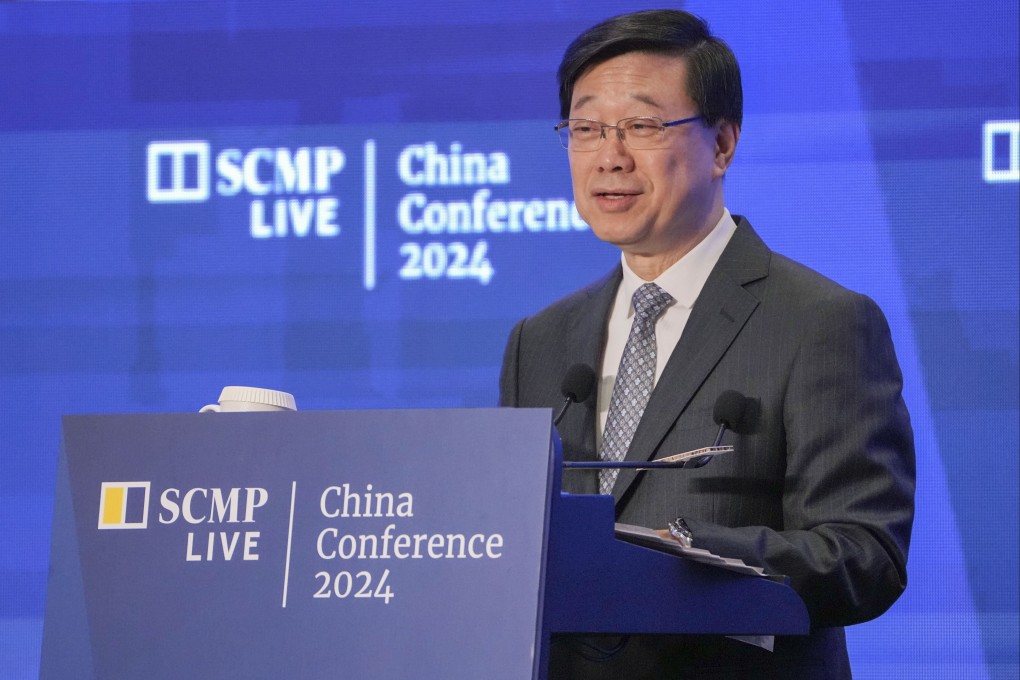More steps in visa measures to come after non-Chinese mainland permit for Hong Kong permanent residents: John Lee
- ‘There will be more steps coming. And I hope I will deliver more to you in due course,’ John Lee says

Hong Kong’s leader has revealed that “more steps” in visa liberalisation measures are coming after Beijing’s new five-year travel permit for the city’s 270,000 permanent residents holding foreign passports to enter mainland China, which he described as a “big policy breakthrough”.
On July 1, the National Immigration Administration said a new five-year, multi-entry travel permit would be introduced for Hong Kong’s non-Chinese nationals with permanent residency later this month, as part of the 27th handover anniversary celebrations. Issuance of the card-type document will begin next Wednesday.
“I would like to highlight that it is actually a big policy breakthrough,” Lee said. “It may be a step in your convenience, but it is a big step in making that breakthrough. It is, in fact, a second step.”
Lee said the “first step” launched last October was a fast-track application process for multiple-entry visas for travelling to the mainland available to foreign employees of locally registered companies. The initiative was introduced in his second policy address.
“That’s step one and now we have step two and there will be more steps coming. And I hope I will deliver more to you in due course,” Lee said.